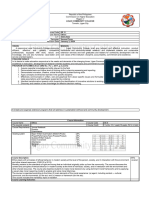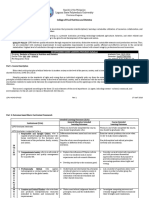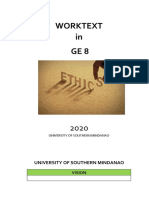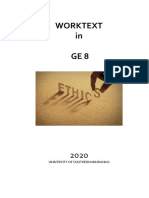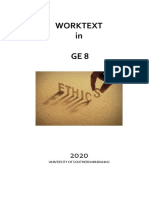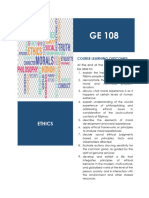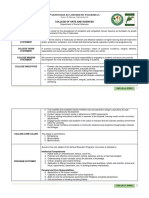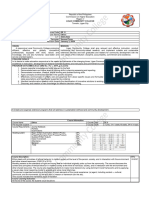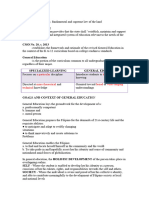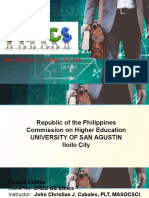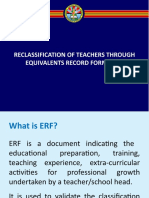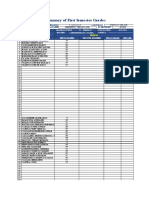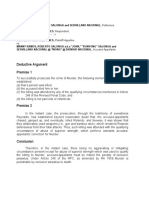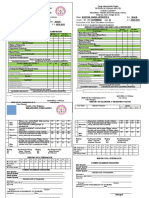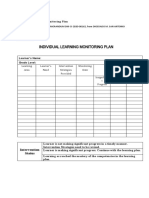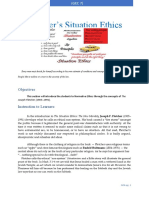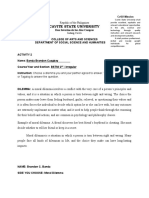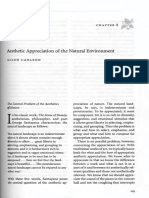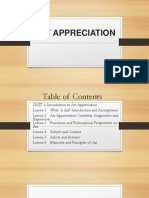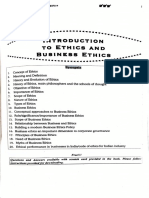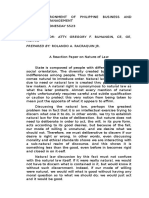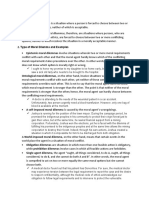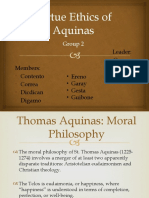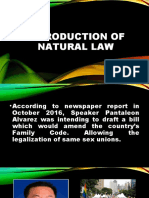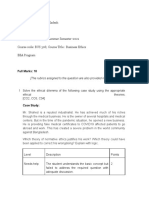0% found this document useful (0 votes)
143 views14 pagesGuide Book
This document outlines the new normal syllabus for the course GEE - Ethics at the Surigao del Sur State University for the first semester of the 2020-2021 academic year. It provides information on the university's vision, mission, core values and flexible learning approach for courses during the pandemic. The document also includes details on the intended learning outcomes, description, topics and teaching methods for the GEE - Ethics course, which will utilize online learning modules, lectures and assignments through internet sources while observing social distancing guidelines.
Uploaded by
Junjun CasanoCopyright
© © All Rights Reserved
We take content rights seriously. If you suspect this is your content, claim it here.
Available Formats
Download as DOCX, PDF, TXT or read online on Scribd
0% found this document useful (0 votes)
143 views14 pagesGuide Book
This document outlines the new normal syllabus for the course GEE - Ethics at the Surigao del Sur State University for the first semester of the 2020-2021 academic year. It provides information on the university's vision, mission, core values and flexible learning approach for courses during the pandemic. The document also includes details on the intended learning outcomes, description, topics and teaching methods for the GEE - Ethics course, which will utilize online learning modules, lectures and assignments through internet sources while observing social distancing guidelines.
Uploaded by
Junjun CasanoCopyright
© © All Rights Reserved
We take content rights seriously. If you suspect this is your content, claim it here.
Available Formats
Download as DOCX, PDF, TXT or read online on Scribd
/ 14





